Planologie
Op 2 juli 1968, trad prof GJ van den Berg in dienst van de RU Groningen en kreeg als leeropdracht ‘Planologie & Demografie’. Van den Berg z’n interesse bleek vooral bij de Planologie te liggen. Zie hier het begin van een ontwikkeling die 50 jaren later zal resulteren in 3 afzonderlijke opleidingen in de Planologie. Op dit moment studeren aan de RU Groningen zo’n 300 a 400 studenten Planologie, in omvang de grootste van Nederland.
Contact via secretaresse Diana Bruinewoud
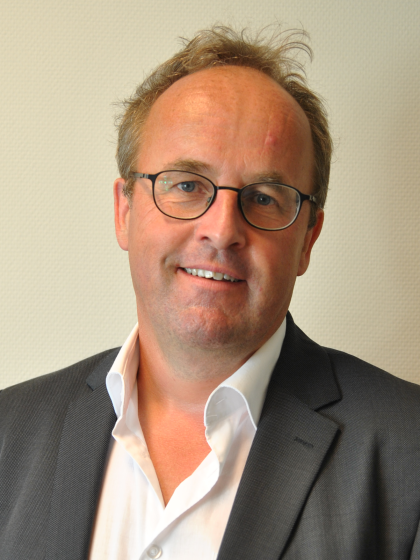
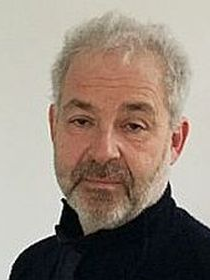
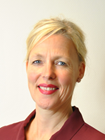
Environment & Infrastructure Planning
The Expertise team on Environment & Infrastructure Planning unites a focus on key challenges and transformations in our physical environment with social and institutional responses and innovations that may help approach them. The pursuit of a more sustainable society has vast spatial and societal implications. Amongst these are the pursuit of resilient and safe environments, the integration of renewable technologies in our landscapes and societies, and how changing ideas about mobility, transport and infrastructure are pushing for novel forms of infrastructure development. While the changes and challenges in our physical environment unite experts in this team, much focus goes in to the actual processes of planning and governance of these challenges. Climate change adaptation and mitigation urges our experts to engage with issues ranging from water management, climate resilient cities and water safety, to integrated energy planning, inclusive energy planning and energy justice. Infrastructure planning addresses novel forms of project management, boundary spanning and public private partnerships, each allowing for a more inclusive and integrated planning. Finally, wider topics such as marine spatial planning, sustainable urban development and spatial quality in relation to climate challenges feature in the work of our team members.
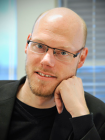
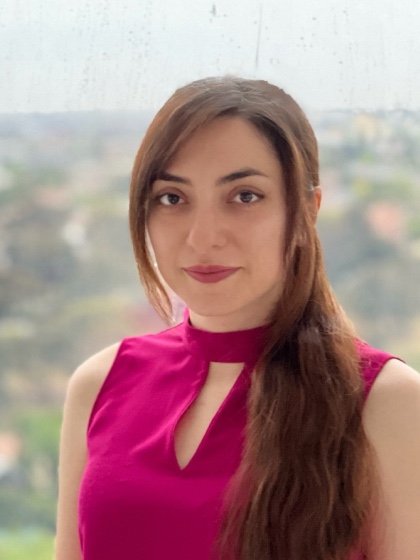
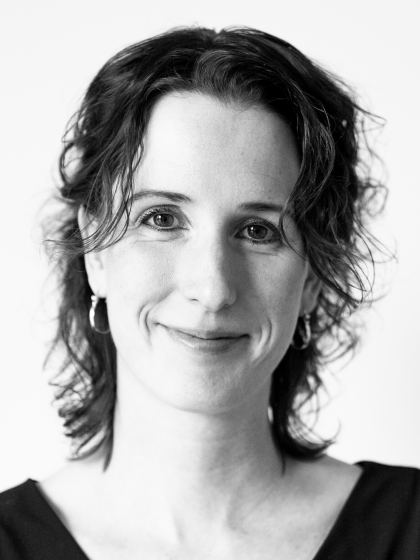
Flood and climate resilience
Institutional analysis
Framing theory, discourse theory
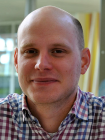


Management in infrastructuur ontwikkeling
Adaptief plannen en adaptief programmeren
Publiek-publieke en publiek-private samenwerking
Project- en programma management
Markt systemen en dynamisch contracteren
Governance en institutional design

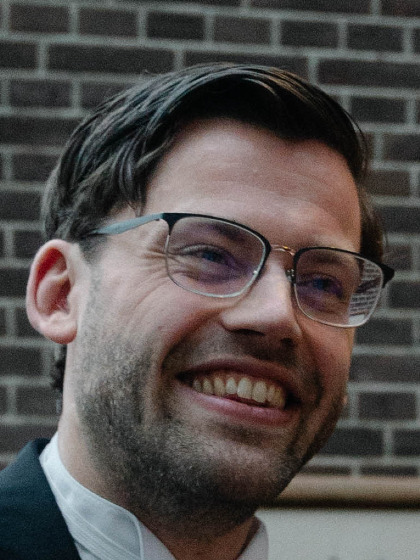

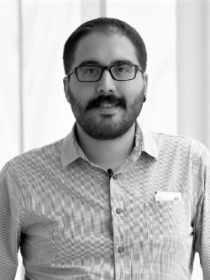
Before moving to Groningen, I was a postdoctoral researcher at KTH (Royal Institute of Technology) Environmental Humanities Laboratory, Division of History of Science, Technology and Environment in Stockholm between 2016 and 2020. Previous to that, I held 2014/2015 Mercator-IPC Fellowship on climate change at Istanbul Policy Center, Sabancı University. I received my master's and Ph.D. degrees in environmental studies from the Institute of Environmental Science and Technology (ICTA), Universitat Autònoma de Barcelona (2014) and my B.Sc. in environmental engineering from Middle East Technical University (2008).
My academic work appeared in edited volumes and journals such as Dialogues in Human Geography, Environmental Science & Policy, Environment and Planning E: Nature and Space, Frontiers in Energy Research, Applied Energy, Energy Research and Social Science, Turkish Studies, Sustainability Science, WIREs Climate Change, Global Environmental Change, Ecological Economics, Capitalism Nature Socialism, Nature Climate Change, New Perspectives on Turkey, and Journal of Political Ecology. I co-edited the volumes Transforming Socio-Natures in Turkey: Landscapes, State and Environmental Movements (together with Onur Inal, Routledge Environmental Humanities Series, 2019) and Urban Movements and Climate Change: Loss, Damage and Radical Adaptation (together with Marco Armiero and Salvatore Paolo de Rosa, published by Amsterdam University Press). I also co-edited a recent special issue of Social Text (Duke University Press) titled Urban Climate Insurgency .
I serve as an editorial board member of Dialogues in Human Geography (SAGE), as an editor for Sustainability Science (Springer) and as an associate editor for open-access journal, Climate Action (Nature Springer).

Spatial Analysis & Design
Spatial transformations require premeditation on strategic actions. The Spatial Analysis and Design expertise team concentrates on the how experts and communities of people alike determine what is (spatial analysis), what could be (ideation) and what should be (ex ante evaluation and decision-making). Analysis and design of spatial situations considers both the physical built environment we live in, and the behaviour, rules and regulations that apply to it. This physical-institutional nexus makes the Groningen approach to spatial design unique. Our research projects aim to better understand how communities arrive at decisions that work both physically and institutionally. Modelling projects of spatial processes and qualitative research on search processes for transformation plans are the main focus. The team members train students in Ba and Ma programs in design skills and analytical tools.
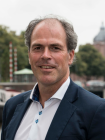


∇ Children's rights and the city
∇ Participatory urban planning and design
∇ Child-focused urban environments
∇ Sustainable City Models: Circular City
∇ Pluralistic Education in Spatial Planning & Design
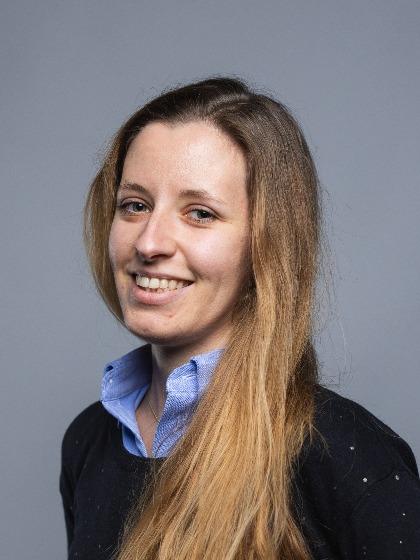
Arbeids- & Organisatie Psychologie,
Regeionaale ongelijkheid
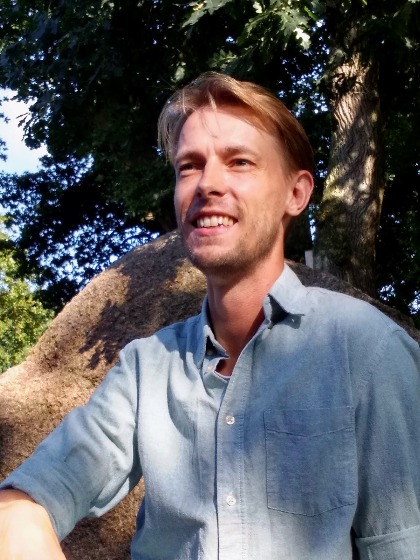
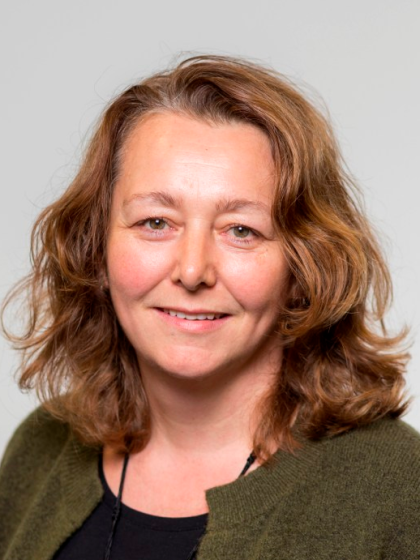

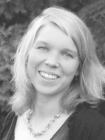

Engaging Society
The expertiseteam Engaging Society focuses on the role of civil society in socio-spatial planning, as the starting point for education and research. Patterns of production, consumption and land-uses cause sustainability problems, which influence people, places and communities in unequal ways. Climate change adds further complexity and vulnerability to this picture, posing risks upon people.
Our research covers urban adaptive governance, post-growth planning, participative approaches and the role of planners. We also analyse the rise of active citizenship, grassroots innovation, and collective action, where participants aim to take matters in their own hands in processes of self-organisation. We pay specific attention to the role of co-creative methods for dialogue and participation. We study the socio-spatial and institutional conditions for social and spatial justice and ‘resourceful’ communities, able to adapt to current and future challenges. An example are the capacities of civic, private, and public actors, which can support ‘positive social tipping points’ in processes of wider transformative change. We conduct research in rural-urban settings, including coastal areas, such as our neighbouring Wadden Sea region, aiming to create meaningful societal impact in the Northern Netherlands and beyond.

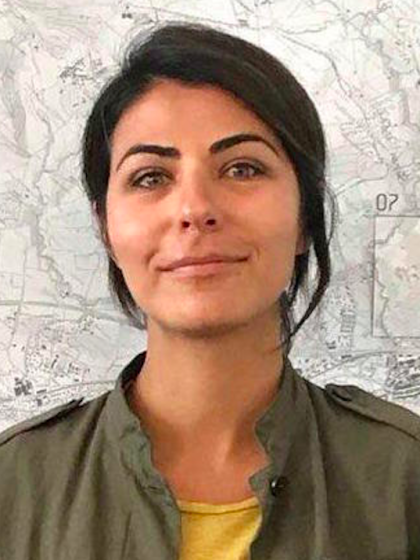
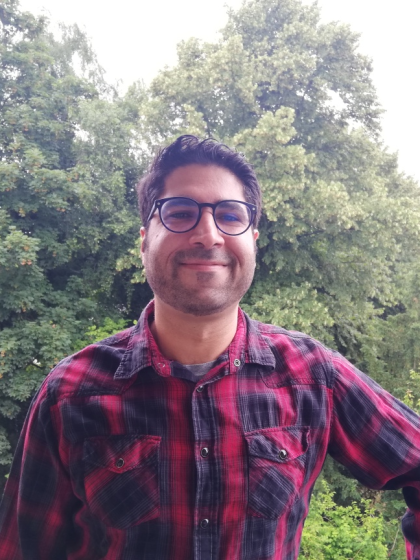
Anthropology
Social Impact Assessment
Environment, Social and Governance
International Development
Ethnography
Indigenous Ethnology
Project Management


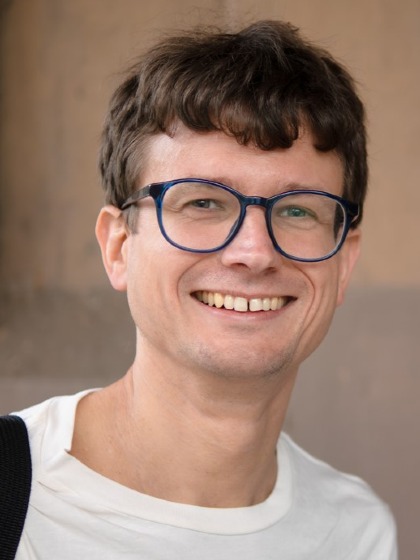
planning theory
post-growth planning
regional and state planning
research-practice interfaces
roles of planners
urban & regional transformations
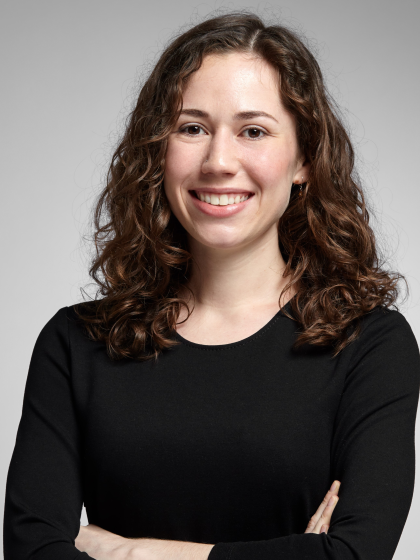
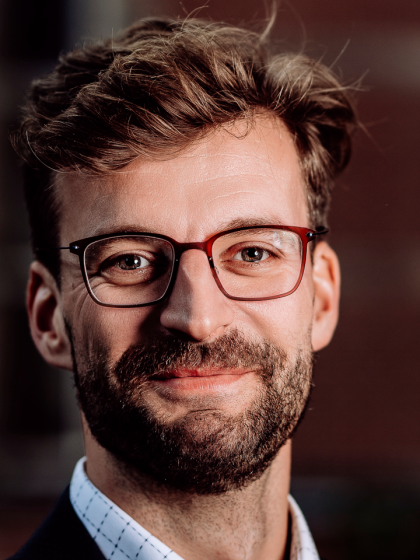
Als lid van De Nationale Jonge Akademie is hij ook een drijvende kracht achter milieuduurzaamheid aan universiteiten en maatschappelijk geëngageerde wetenschap.
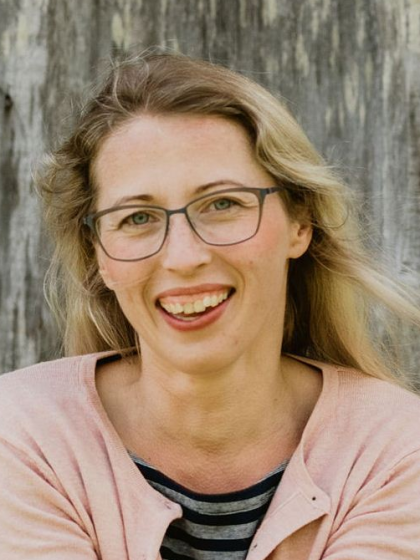
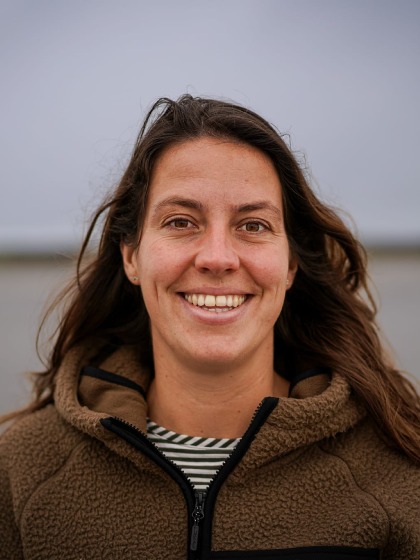
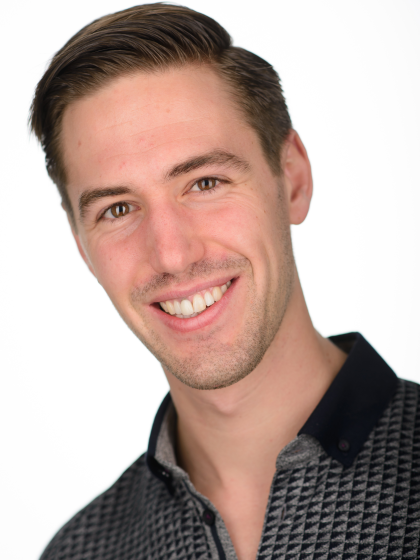
- Volkshuisvesting
- Woningmarkt
- Stedelijke ongelijkheid
- Sociale / ruimtelijke rechtvaardigheid
- Welvaartsstaten
- Stadsbestuur
PhD's
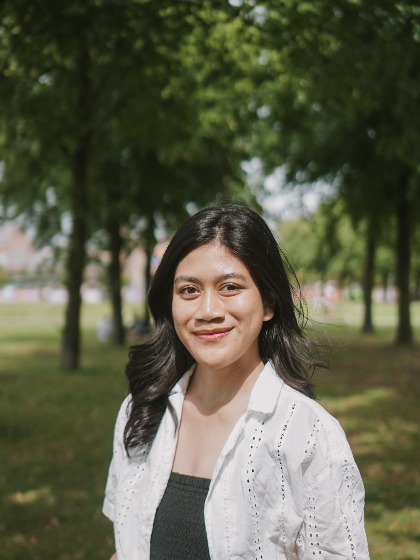
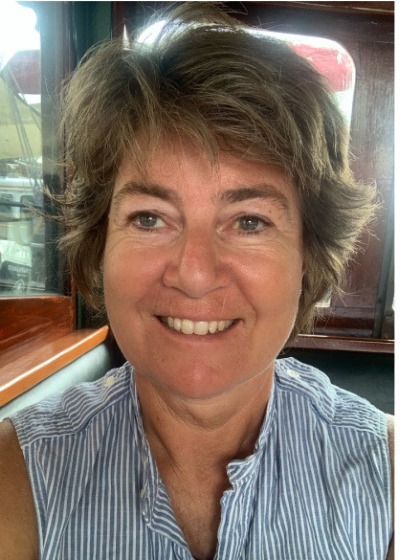


![A.N. (Aryani [Rya]) Chandramidi, MSc](/staff/a.n.chandramidi/rya-chandramidi.jpg)
Climate Resilience
Coastal Planning
Urban and Regional Planning
Design-led Planning
Policy Analysis
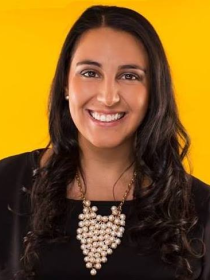

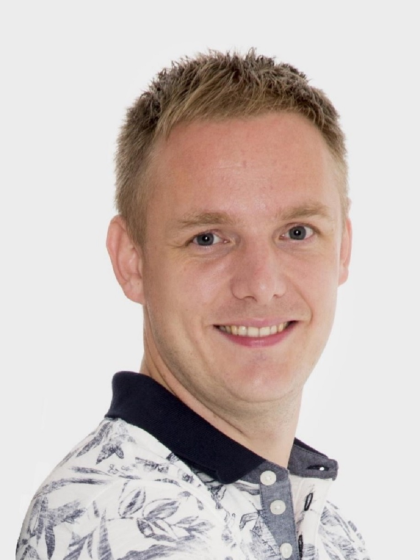
Adaptive Water Governance
Institutional Design
Flood Resilience
Multilevel Governance
Climate Change Adaptation
Indonesia

Because of the interdisciplinary nature of the PhD project, I am both a part of the faculty of Spatial Sciences and the faculty of Behavioral and Social Sciences. My project is supervised by Ina Horlings, Lise Jans, Margo van den Brink, and Anne van Valkengoed.
As a social scientist, I enjoy addressing complex societal questions and, through this PhD, I aspire to familiarize myself even more with relevant scientific disciplines and interdisciplinary research in order to address the complex problems that come with climate change.
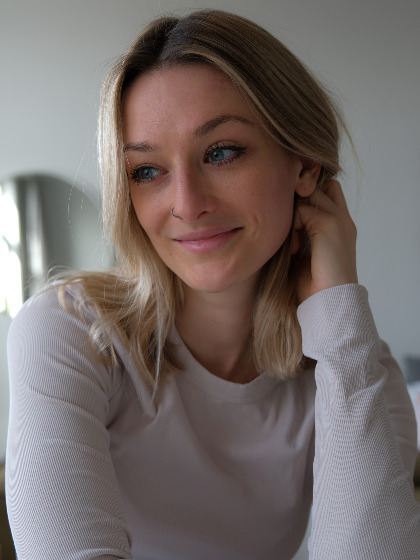





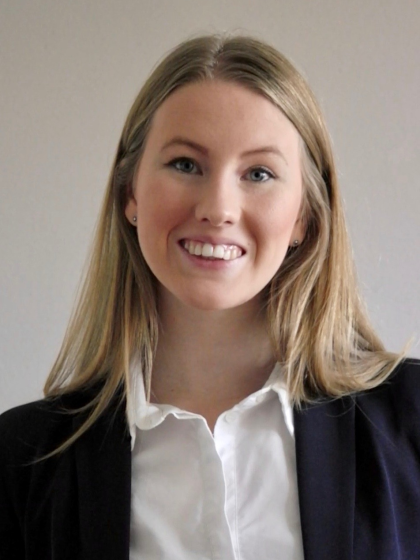








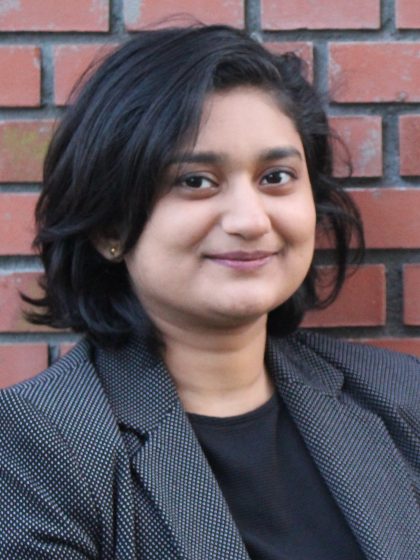
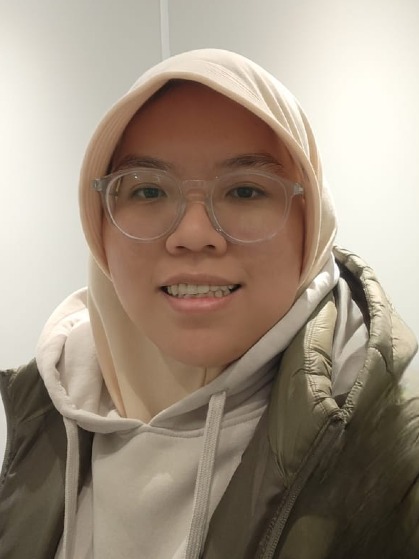
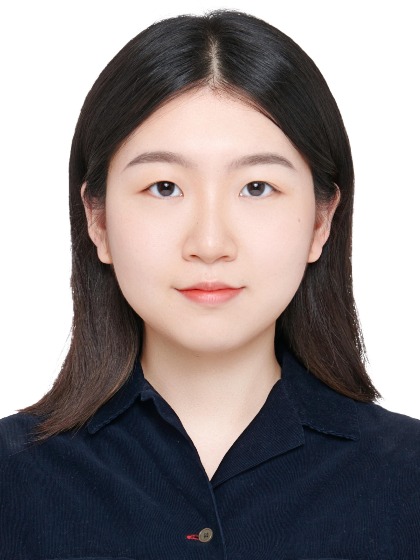


Marine Ruimtelijke Planning
| Laatst gewijzigd: | 18 februari 2025 14:58 |

